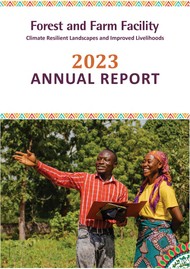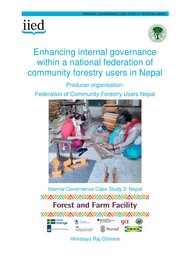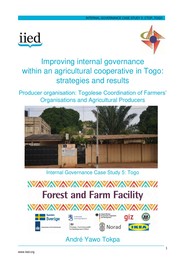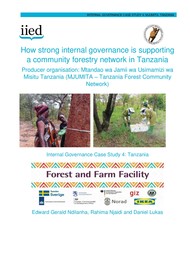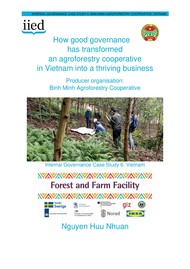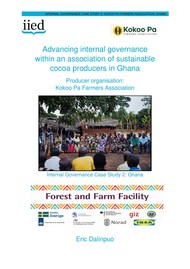How tree seedling nurseries are furnishing landscape agrobiodiversity in Zambia
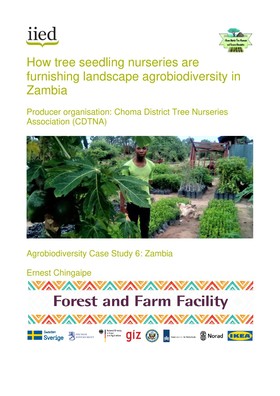
This agrobiodiversity case study (No.6) from Zambia is the sixth of six case studies prepared by forest and farm producer organisations (FFPOs) for the Forest and Farm Facility (FFF).
It describes the actions of the Choma District Tree Nursery and Growers Association (CDTNA). CDTNA represents 111 members, either individual nursery growers or collective enterprises that furnish diverse tree seedlings for forest and agroforestry restoration projects across Southern Zambia. While CDTNA does not use the term ‘agrobiodiversity’ in its objectives, the association is a key player in promoting, supplying and sharing planting materials of more than 48 tree species, alongside the knowledge to support on-farm agrobiodiversity.
Established in 2017 to address the socioeconomic needs of local tree growers, CDTNA’s membership maintains a set of nurseries within the premises of the Choma district’s Forestry Department timber yard where they raise more than 338,000 of assorted seedlings per year for sale to programmes, government agencies, non-governmental organisations (NGOs), schools, colleges, fellow farmers and individuals. Through its organisation and networks, CDTNA has facilitated capacity development for and among its members, and in the various networks that support its work and purchase its seedlings. For example, knowledge and germplasm for growing particular species has been shared by technical experts from the forestry, agricultural and environmental sectors. Farmer-to-farmer education programmes, field exchanges and field tours have also facilitated the transfer of skills and knowledge between members and customers. FAO (through its FFF programme) also networks these farmers into its food and energy security programme, where farmers are trained to raise and maintain forest stock for many different purposes. CDTNA has also helped to transform some individual growers into smallholder group enterprises, creating new employment opportunities for youth and single parents and helping groups to develop and take advantage of market opportunities.
Cite this publication
Available at https://www.iied.org/21441g

